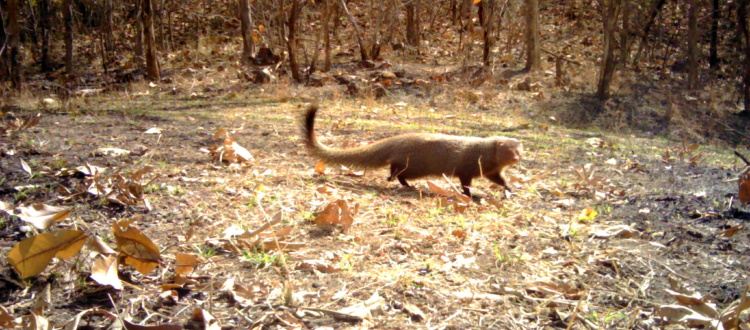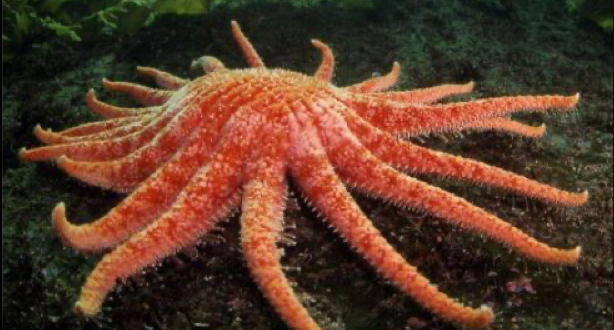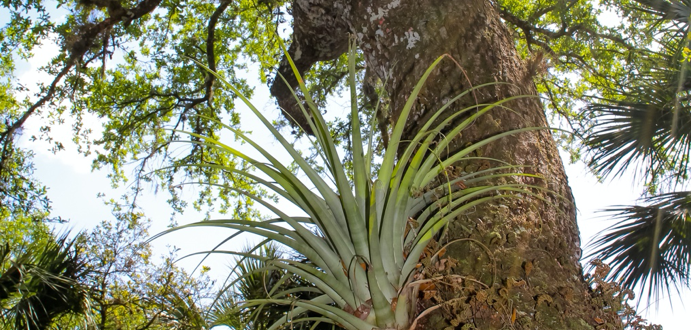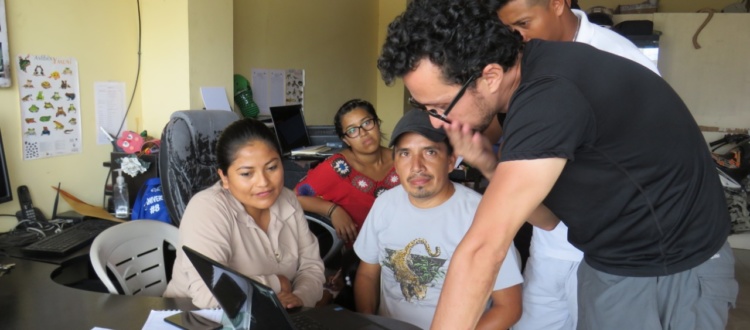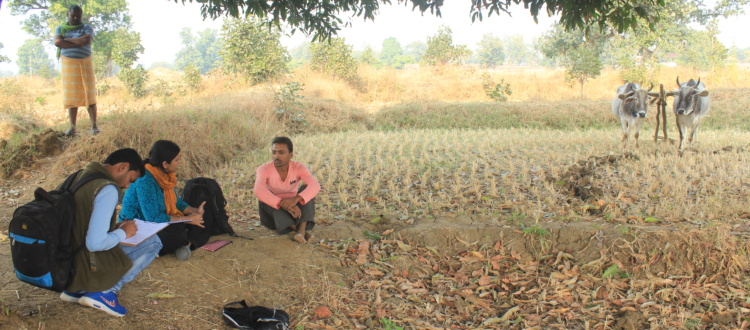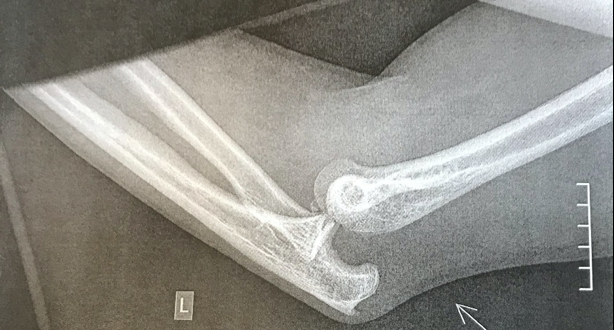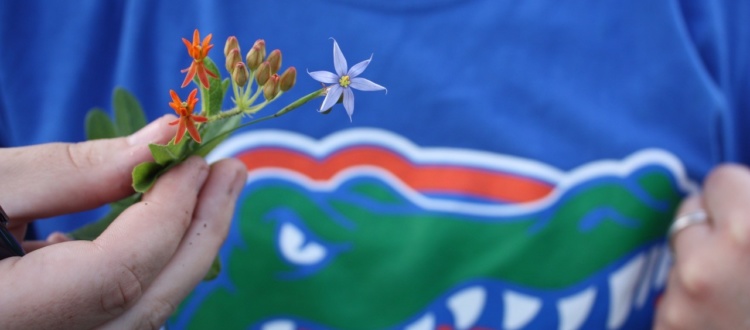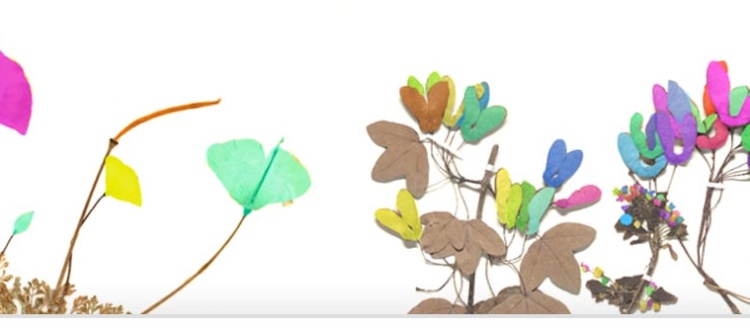Small carnivores and large ecological datasets
With a career in research spanning almost a decade, most of my academic work has involved studying issues relating to large carnivore ecology and their conservation.
Predator diversity in the kelp forest
A couple of weeks ago, as I was listening to NPR on my morning dog walk, the reporters began talking about a familiar system to me – the kelp forests of California! Quickly catching my attention, I realized that the radio story was largely summarizing the results of a recent study published in Communications Biology from a team of researchers based out of UC Santa Cruz.
Of cactuses and bromeliads
If asked to summon a plant, what is the first form conjured by your mind’s eye? A tree, with a towering trunk, topped with a tufted halo of green?
UF Biodiversity Institute
By Karla Arboleda Pam Soltis has spent her adult life studying the Earth’s living things, first from the perspective of plants and... Read More
Biodiversity in an age of big data
A significant portion of my current work delves into global-scale research questions which often involve large amounts of data from multiple sources. I’m still amazed by the volume and accessibility of data that I’ve witnessed and used for my work.
Digital Divide, A Graduate Student Perspective
While reading an article about the challenges that graduate students undergo with open-source software in the U.S., I could not avoid thinking about the obstacles with ICT for those in developing countries.
Is it enough to be ambitious to reverse biodiversity loss?
Is it enough to be ambitious to reverse biodiversity loss? By Mahi Puri Ecology students are aware of and familiar with the... Read More
Unhinged limbs and revisiting paradoxes
Unhinged limbs and revisiting paradoxes By Patrick Saldaña I am still having trouble believing that it is now March and that it... Read More
Mountains of Miami
At the southernmost point of peninsular Florida lies the Miami Rock Ridge.
AI Spotlight: Florida Museum of Natural History with Pam Soltis
The Florida Museum of Natural History is a leading authority in biodiversity and cultural heritage, using its expertise to advance knowledge, solve real-world problems and impact public policy and perception.


